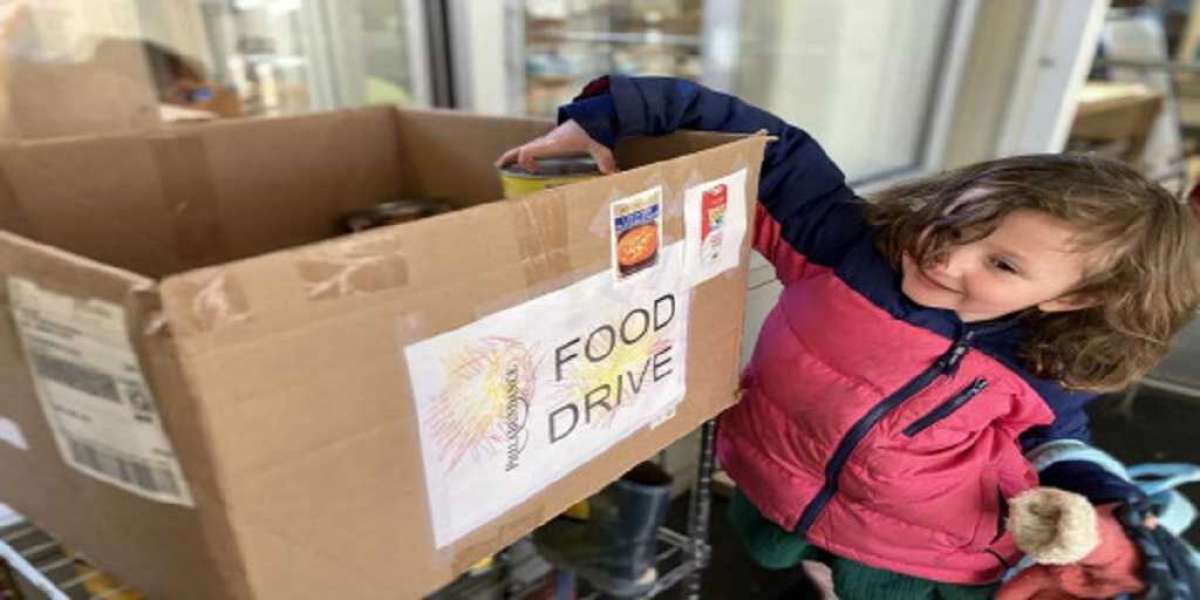Food insecurity is unfortunately an issue that is present in every single Zip Code in the United States. Consequently, you have neighbors that have experienced it before, whether you know it or not.
That also makes hunger a hometown issue for everyone in the country, and an admirable cause to counteract.
But how do you do that? From donations to a local food charity to supporting a local community garden, here are 6 great ways.
Reduce Food Waste
All change starts at home, and there’s no better way to spearhead a grassroots movement against hunger than by cutting back on food waste.
Buy only what you need in the first place; cook smaller portions; eat leftovers, and reuse old food instead of throwing it away. Most if not all food, including expired food, can be converted into compost, for example.
But to take this a bit further, take an inventory of what you have in your pantry, with particular attention to canned and dry goods, and if you’re not planning on using some of them in the near future, consider donating them.
Volunteer at a Local Pantry
Volunteer work is the lifeblood of any charity, and food pantries are no exception. Many of them quite literally could not conduct operations were it not for the charitable hearts of volunteers.
Moreover, there is no shortage of charities and food pantries around the country that are actively soliciting volunteer help - look up some local charities in your area to see which you want to.
Donate Food
As much as charities rely on volunteers, they’re even more reliant on donations. One of the most straightforward ways to make an impact is by donating food.
Make sure you check the donations page of a charity website (or directly contact them) to make sure whatever you intend to give will be accepted by the charity. Many have requirements for donations of food, with respect to volume or type.
Regardless, donating food just eliminates one step of security provisions for those experiencing food insecurity.
Give Money to a Food Charity
If you don’t have food to donate, giving money is another great way to support a local food charity as it supports other operations in ways that food alone cannot.
Moreover, giving money can be tax-deductible, and it’s easy to get others involved. Consider networking through your current employer to organize a drive (it could even be a food drive). Now is a great time to do it as well, since most corporate giving occurs at the year end, anyway.
Donate to (or Volunteer at) a Community Garden
Many food charities depend in part on the production of community gardens in order to feed the needy in their areas.
Get in touch with a local charity to see what sorts of community gardens they operate, or see what partnerships they have with local farms. There may be opportunities there for you to volunteer.
Keep Learning
Education is the greatest tool in your toolbelt to fight back against food insecurity. The more you know, the better you can improve your own household to minimize waste, donate excess to local charities, and volunteer your time in such a manner that makes the greatest impact.
Start Looking in Your Area
Locally is the way for most people to start, and there are plenty of charitable organizations across the country. For those in the Philadelphia area, look into Philabundance, whose service area includes Philadelphia and the surrounding counties in Pennsylvania and New Jersey. You can also visit their website or contact them directly to learn more.
For more information about Donating Food and food pantry near me please visit:-Philabundance














